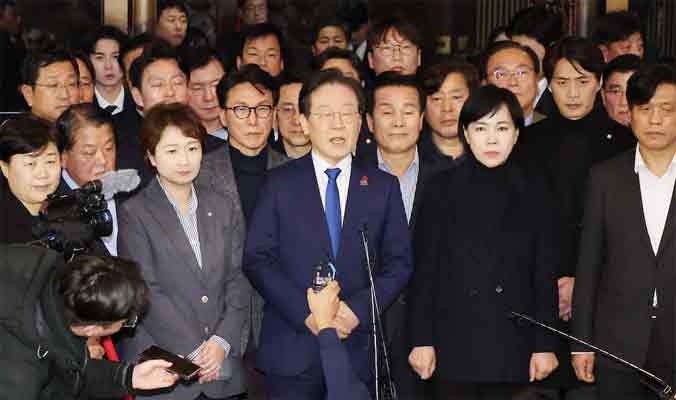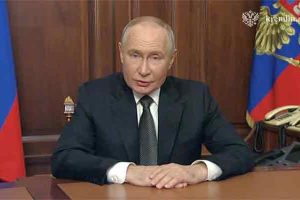
The sudden decision by South Korean President Yoon Suk Yeol to declare martial law on Tuesday made international news, bringing new attention to a controversial legal topic with a long history in the United States.
Though it’s not well defined in U.S. law, martial law could be declared in the U.S., and has been imposed relatively rarely in the country’s history during times of war, unrest and natural disaster.
While the specifics vary in different countries and localities, martial law generally allows for the military to control civilians temporarily during times of emergency. During these times, people’s ordinary rights may be restricted.
Martial law is not defined in the Constitution or in any law passed by Congress, according to the Brennan Center for Justice. Rather, it is a legal theory that usually refers to when “the military has taken the place of the civilian government,” the Brennan Center said, not just times when military is deployed to assist civilian authorities, such as during response to a natural disaster.
States and the federal government have imposed martial law 68 times in the nation’s history, according to the Brennan Center. But such a declaration at the federal level hasn’t been made since the 1940s.






